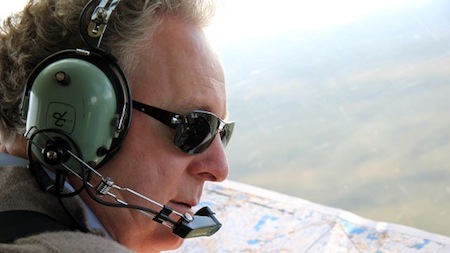Canada’s only French-speaking and second-largest province goes to the polls today to elect the 125-member Assemblée nationale — Quebec’s politics are a fascinating subset of Canadian politics (notwithstanding the fact that the election will likely have a minimal impact on federal Canadian politics). ![]()
![]()
Rather than try to provide my own rundown and projection, I’ll leave it to Éric Grenier of ThreeHundredEight: his ridiculously detailed (and amazing) projection calls for a majority government led by the leftist, sovereigntist Parti québécois (PQ), although just barely.
Polls show three top parties since premier Jean Charest announced snap elections and kicked off the campaign on August 1:
- Charest’s own Parti libéral du Québec (Liberal Party, or PLQ) — Charest has governed the province since 2003, and the Liberals are seeking their fourth consecutive mandate in the face of charges of corruption (the Charbonneau Commission is looking into whether the government traded construction contracts in exchange for political financing) and a government that’s not done enough to boost the economy, despite a flashy plan to develop northern Québec.
- The PQ, led by Pauline Marois, which is looking to return to provincial government after nearly a decade.
- The Coalition avenir Québec (CAQ), led by François Legault, which was formed just last year and which lies vaguely to the right of the PLQ, although not in every way, and which lies somewhere between the sovereigntism of the PQ and the federalism of the PLQ (Legault, a former PQ minister, once supported the 1995 referendum on Québec’s independence, but has said any CAQ government will not pursue a new referendum). The CAQ’s recruitment of quality candidates has been a boost, none of which more so than former Montréal police chief Jacques Duchesneau, whose presence in the election has been a constant reminder of potential PLQ corruption.
Grenier forecasts 63 seats for the PQ, just 33 seats for the Liberals and 27 for the CAQ. If true, it would be a bloodbath for Charest’s Liberals, who would stand a chance of being pushed not only out of government, but into third place (while the CAQ becomes the Official Opposition) — it would likely also mean that Charest himself would lose his seat in Sherbrooke, a district where he’s been winning elections since 1984.
Roughly speaking, the PLQ is expected to hold its own in Montréal and its suburbs, where most of the province’s anglophones live (although they comprise 10% or so of the electorate, English-speakers tend to vote en masse for the Liberals, even though there are signs that some may be considering the CAQ). The CAQ is expected to do well around Québec City further north, and the PQ is expected to do well everywhere else.
A key question will be whether two smaller more radically leftists and sovereigntist parties, Québec solidaire (whose spokeswoman Françoise David performed well in the party leaders debate) and Option nationale, succeed in taking away votes form the PQ — Marois has tread very lightly on the sovereignty issue, making it clear that she’s more interested in governing the province than arranging another referendum.
Increasingly less important over the course of the campaign has been the tuition fee issue — student protests over tuition hikes that shut down Montréal universities, and Charest’s police-heavy (some might say unconstitutionally repressive) response, brough international attention last spring. Despite Marois’s opposition to tuition hikes and a high-profile PQ candidate in 20-year-old student leader Léo Bureau-Blouin, the issue has not had the salience you might have expected just a few months ago.
I am traveling most of Tuesday, but hopefully will have some brief thoughts much later tonight when we have an idea of which party — PLQ, PQ or CAQ — has won the most seats and whether they’ll command enough seats to have a majority government.
In the meanwhile, a little Céline Dion to help set the election day mood, and of course you can follow all of Suffragio‘s coverage of the election here.
À bientôt!





